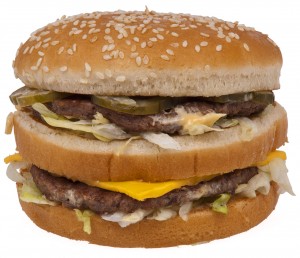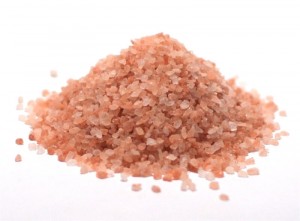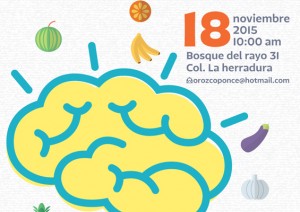For those who are confused by the meaning of the word “organic”, when used in reference to food, the term describes a specific standard for growing and processing food. Namely, it means that the food was produced using a system of farming that maintains and replenishes soil fertility naturally without the use of artificial pesticides and fertilizers. Organic foods are minimally processed without the use of artificial ingredients, preservatives, genetically-modified organisms or irradiation in order to maintain the natural integrity of the food. (Note: this should not be confused with organic chemistry or organic compounds/chemicals – see further information at the bottom of the article).
In the U.S., the Department of Agriculture (USDA) has been enforcing organic claims on crops and livestock since 2002 through its National Organic Program. Organically produced food cannot involve the use of synthetic fertilizers, pesticides and other chemicals, genetically modified organisms, ionizing radiation, or sewage sludge. Organic certification by the USDA will be displayed on the label: USDA Organic, in green and white lettering, inside of a circle.

There have been claims that manipulation of the USDA guidelines have frequently occurred, and other certifying organizations have stepped in. NSF International, a non-profit organization based in Ann Arbor, Michigan is one of these.


There is no federal regulation, however, of the term “organic” when used in personal care products like toothpaste, soaps, lotion, and cosmetics. According to the New York Times, the USDA only invites manufacturers of personal care products to apply for its National Organic Program label, but does not go after them if they make unsubstantiated claims. Manufacturers have been free to use certain customer-pleasing phrases like “authentically organic” or “made with organic ingredients” liberally and loosely.
Whole Foods Markets, the nation’s largest natural and organic foods grocery store chain, is attempting to change that. Beginning in June 2011, Whole Foods will require all health and beauty products which make organic claims to be certified by either the USDA or NSF International. As of June 1, 2011, Whole Foods will remove from their shelves any products that make organic claims and don’t have one of these two forms of certification. They will continue to carry nonorganic products as long as they don’t make organic claims.
A [relatively] clear and concise definition and regulation of the term “organic” has been available for food products by the USDA. Now, it seems that we may have the same regarding our personal care products in the near future.
(Note on organic chemistry: organic chemistry refers to the study of organic compounds/chemicals which are simply chemicals that contain carbon. These chemicals may be naturally occurring or synthetic. They may be highly toxic, completely inert or even vital nutrients for the human body.)




